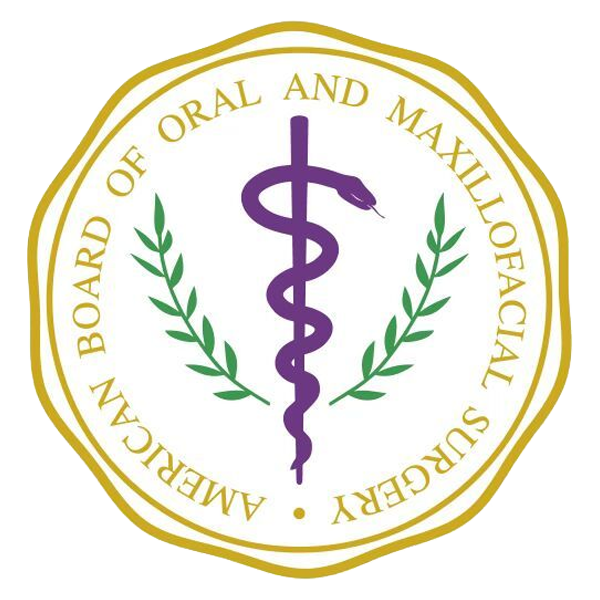Oral Surgery: What You Need to Know
Oral surgery is a specialized field of dentistry that focuses on diagnosing and treating oral conditions through surgical procedures. It includes a wide range of treatments, from simple tooth extractions to complex jaw realignment surgeries. Here's what you need to know about oral surgery.
What is Oral Surgery?
Oral surgery involves surgical procedures performed in the mouth, jaw, and facial region to treat a wide range of conditions. These procedures may include tooth extractions, wisdom teeth removal, dental implants, jaw surgery, bone grafting, and treatment of facial trauma. Oral surgery plays a crucial role in maintaining oral health and addressing complex dental issues that cannot be resolved with non-surgical treatments.
Common Types of Oral Surgery
- Tooth Extractions: This is one of the most common types of oral surgery. It involves removing a tooth that is damaged, decayed, or causing problems.
- Wisdom Teeth Removal: Wisdom teeth, also known as third molars, often need to be removed because they can cause pain, crowding, or other dental issues.
- Dental Implants: Oral surgeons can place dental implants to replace missing teeth. This procedure involves surgically attaching a metal post to the jawbone to support an artificial tooth.
- Jaw Surgery: Also known as orthognathic surgery, this type of surgery is performed to correct jaw irregularities, such as misaligned jaws or temporomandibular joint disorders.
- Bone Grafting: In cases where there is not enough bone to support a dental implant, bone grafting may be necessary. This involves taking bone from another part of the body or using synthetic material to build up the jawbone.
When Is Oral Surgery Necessary?
- Severe Tooth Damage: If a tooth is severely damaged and cannot be repaired with a filling or crown, extraction may be necessary.
- Impacted Wisdom Teeth: When wisdom teeth do not have enough room to emerge properly, they can become impacted and cause pain, swelling, and infection.
- Facial Trauma: Oral surgeons treat facial injuries resulting from accidents, falls, or sports-related incidents.
- TMJ Disorders: Temporomandibular joint disorders can cause jaw pain, difficulty chewing, and other symptoms that may require surgical intervention.
What to Expect During Oral Surgery
Before undergoing oral surgery, your oral surgeon will assess your condition, explain the procedure, and discuss anesthesia options. Depending on the complexity of the surgery, you may receive local anesthesia, sedation, or general anesthesia. Following the surgery, you will be given post-operative instructions to aid in your recovery and minimize complications.
Recovery and Aftercare
Recovery times vary depending on the type of oral surgery performed. It is essential to follow your surgeon's instructions regarding diet, medication, oral hygiene, and follow-up appointments. Proper aftercare is crucial for a successful recovery and optimal outcomes.
Oral Surgery service in Troy, MI
If you require oral surgery, it is highly recommended to schedule a consultation with an experienced oral surgeon. By discussing your treatment options with a specialist, you can receive personalized care tailored to your specific needs. Prioritizing your oral health through timely intervention and adhering to post-operative instructions is essential for a successful recovery. For exceptional care and a VIP experience, consider visiting Troy Oral Surgery for your oral health needs.
Troy Oral Surgery Address:
1500 W Big Beaver Rd Ste 110
Troy MI 48084
Phone:
248-665-8769
Office Hours:
Monday - Thursday 8 am - 5 pm
Friday 8 am - 3 pm
Saturday - Sunday Closed


